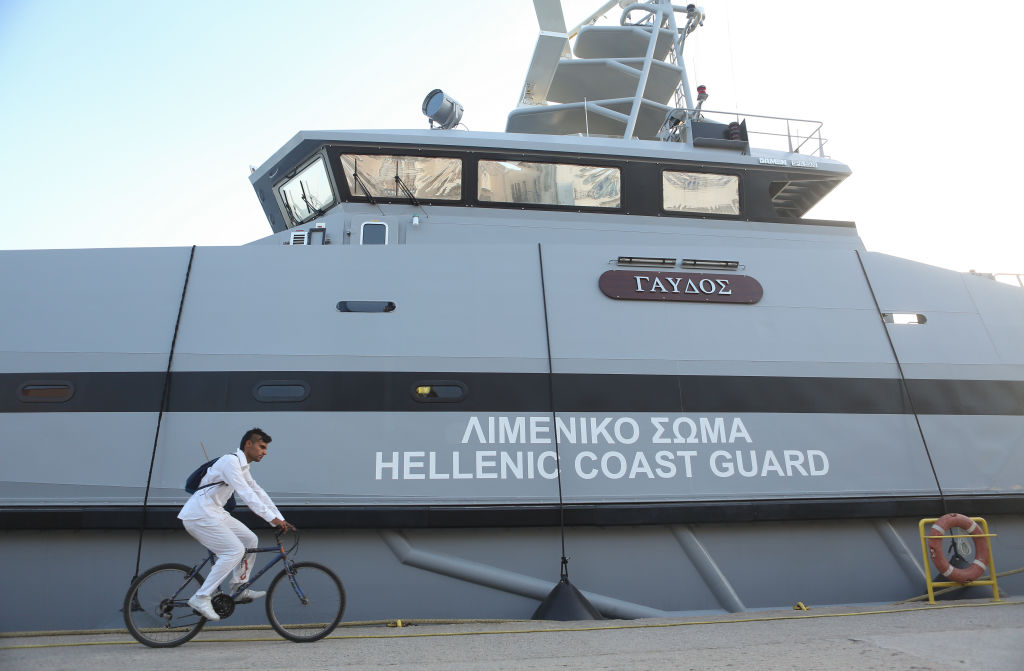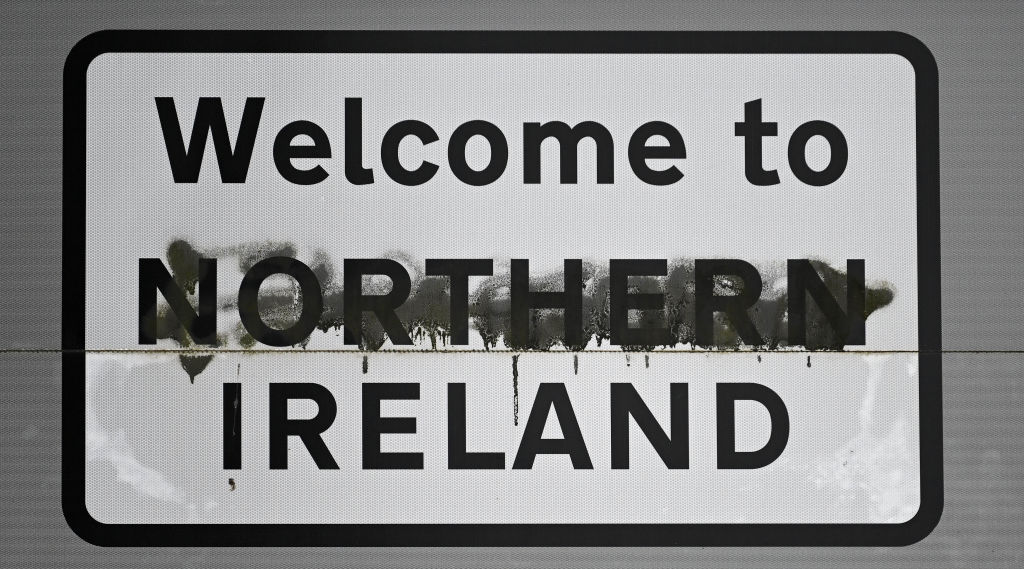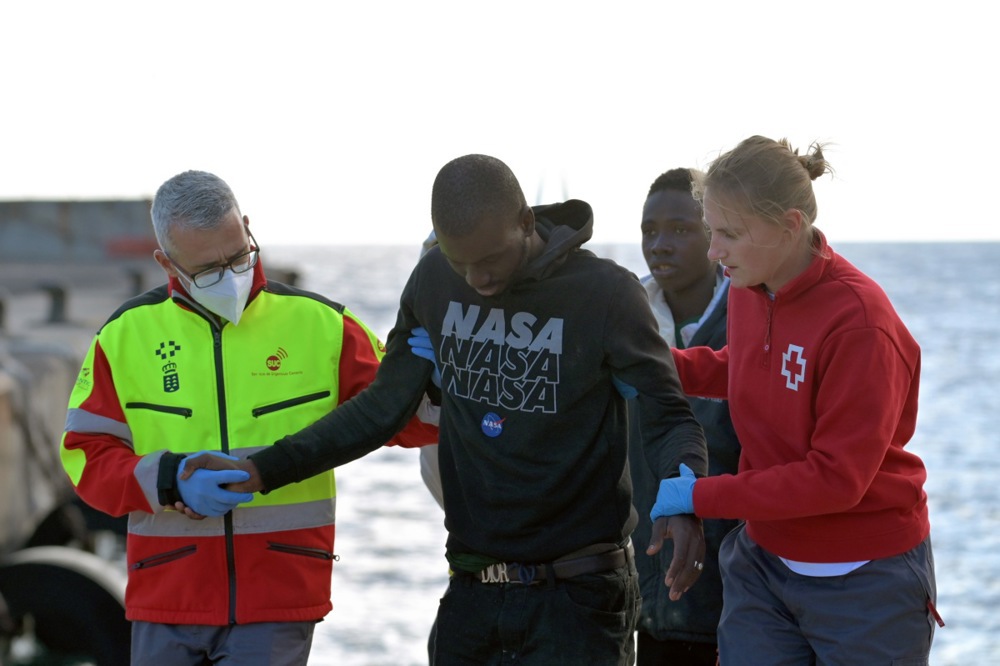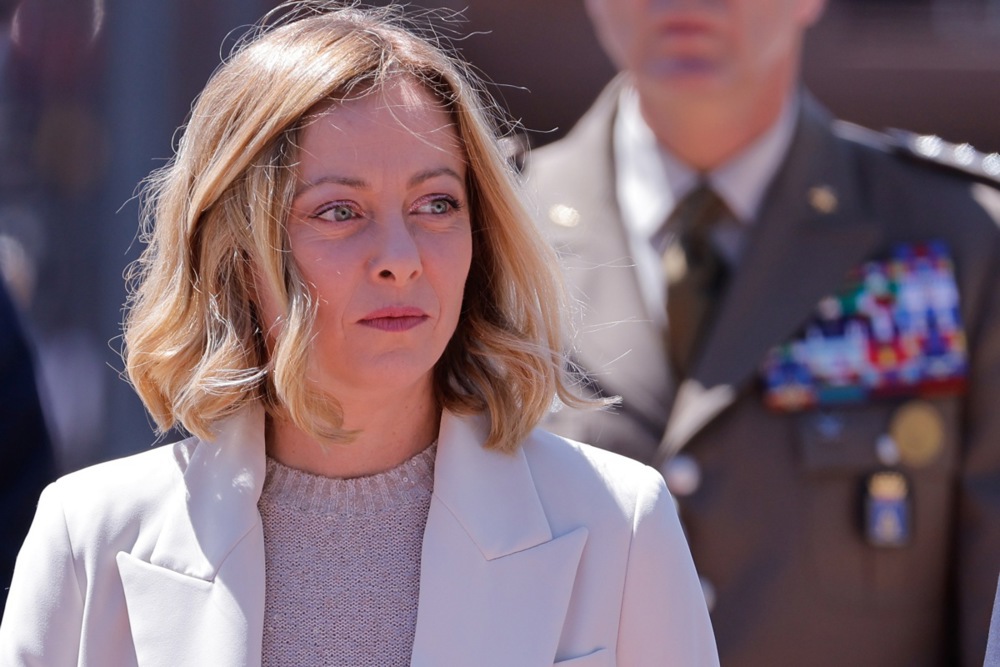A group of Eritrean people-smugglers were involved in widespread human trafficking and committed violent atrocities against migrants, a report by the Dutch National Rapporteur on Human Trafficking has said.
In its investigation, the rapporteur Conny Rijken studied 124 testimonies from an international criminal investigation by the Public Prosecutor’s Office, Dutch broadcaster NOS reported on January 23.
Almost all witness statements came from Eritrean migrants who reportedly had paid people-smugglers to be transported to the Netherlands but who had then fallen victim to human trafficking in Libya.
The Eritrean migrants were locked up in cramped warehouses, according to NOS. They were given too little food and drink and no sanitary facilities.
They were also forced to contact relatives to transfer more money to the smugglers and faced physical and verbal violence, the rapporteur’s report showed.
Some people were coerced into performing tasks in the smugglers’ warehouses, ranging from preparing food to abusing other migrants.
Several individuals were kidnapped and/or sold during their stay in Libya, sometimes multiple times, after which they had to pay – again – for their release, the report stated.
Some migrants were beaten and some were left behind in the desert.
According to the Dutch Public Prosecutor, the smugglers earned millions of euros for transporting thousands of such people.
Victims faced aggravated assault, kidnapping, extortion, rape and deprivation of liberty, it said.
Regarding the report, press officer Gerben Wilbrink referred to “an exploitative system” and “a criminal revenue model where people are seen as commodities”.
Rijken said the Eritrean migrants “flee their country and travel on to a place with opportunities for the future”.
“They cannot travel legally because they have no travel documents and use people-smugglers.
“We think this research is important because now it is clear what people experience during a journey and in the asylum chain,” he added.
Of two suspected people-traffickers who allegedly helped run the camps in Libya, one, referred to as “Walid”, is facing trial in the Netherlands.
The UAE has said it will expedite the other, known as “Kidane”, to the Netherlands. Both individuals are believed to be Eritrean themselves.
Five others are suspected of having organised the extortion of victims and subsequent money flows through the Netherlands.
The latest developments marked the first time a human-smuggling network involving so many had been dismantled in the Netherlands, the Public Prosecution Service told NOS.
PHOTO STORY: Major rioting broke out in The Hague as rival groups of fighting Eritreans destroyed parts of the city. #DenHaag https://t.co/wdeh7bvfOr
— Brussels Signal (@brusselssignal) February 19, 2024
Eritrea has been governed by President Isaias Afwerki since 1993. The country is a single-party republican totalitarian dictatorship that is seen as a brutally repressionist organisation.
There have been no general elections since Eritrea’s official independence in 1993. The country is sometimes referred to by international agencies as “the North Korea of Africa”.
Eritreans in the Netherlands are almost always granted asylum. Currently, around 25,000 Eritreans live in the Netherlands, primarily young men.
The Eritrean regime is allegedly earning money from people-smuggling. The government and high-ranking officials are reported to be deeply involved.
A study from Leiden University in 2017 called it “a booming business” and a “a billion-dollar industry.”
Remittances, often sent through underground systems due to government restrictions, comprise 30 per cent of Eritrea’s GDP.





